Your Guide to Beginning Therapy at the Moriel Mental Health Center
Embarking on a therapeutic journey can be a transformative experience, but it's also natural to feel unsure about the process if you're new to it. This guide will help you navigate the initial stages of therapy at the Moriel Mental Health Center and ensure you're well-prepared for your first session.
Submission of Paperwork
Before diving into the therapeutic process, it's essential to complete all necessary paperwork. This typically includes:
Personal details
Medical history
Any previous therapeutic experiences
Specific areas or issues you'd like to address
Completing this paperwork helps us provide you with the most tailored experience. Ensure you fill out the documents accurately and return them before your first session. You’ll start this process by clicking the link below, it should only take about five minutes.
Setting Up Your Session
A member of our team will reach out to you with confirmation of acceptance, or referral to another provider. If confirmed, we’ll also validate your insurance information and let you know about the co-pay rate. You’ll have the opportunity to ask additional questions, and an appointment time will be set.
Telehealth vs. In-Person Sessions:
Based on your preference and convenience, sessions can be held either via telehealth or in our Riverside office. Here's what you need to know about both:
Telehealth: Ensure you have a stable internet connection, a quiet space free from distractions, and a device with a camera and microphone.
In-Person: Our Riverside office is designed to offer a safe, confidential, and welcoming environment. Please arrive a few minutes early to settle in.
Duration of the Session
Each therapy session at the Moriel Mental Health Center is designed to last for fifty minutes. This duration allows adequate time for discussion without feeling rushed, yet it's concise enough to maintain focus.
Beginning the Conversation
Your first session is primarily about:
Getting to Know Your Therapist: This is an opportunity for you to understand your therapist's approach, background, and any other questions you might have.
Discussion Points: While your therapist will guide the conversation, you're encouraged to discuss any immediate concerns or areas you'd like to focus on.
Building Trust: Remember, therapy is a safe space. Open communication is key, but you're always in control of what you wish to share.
Post-Session Reflection
After your session, it's beneficial to take some time to reflect on the discussion, jot down any insights or feelings, and think about any goals or areas you'd like to explore in future sessions. A member of staff will reach out to schedule your next appointment.






